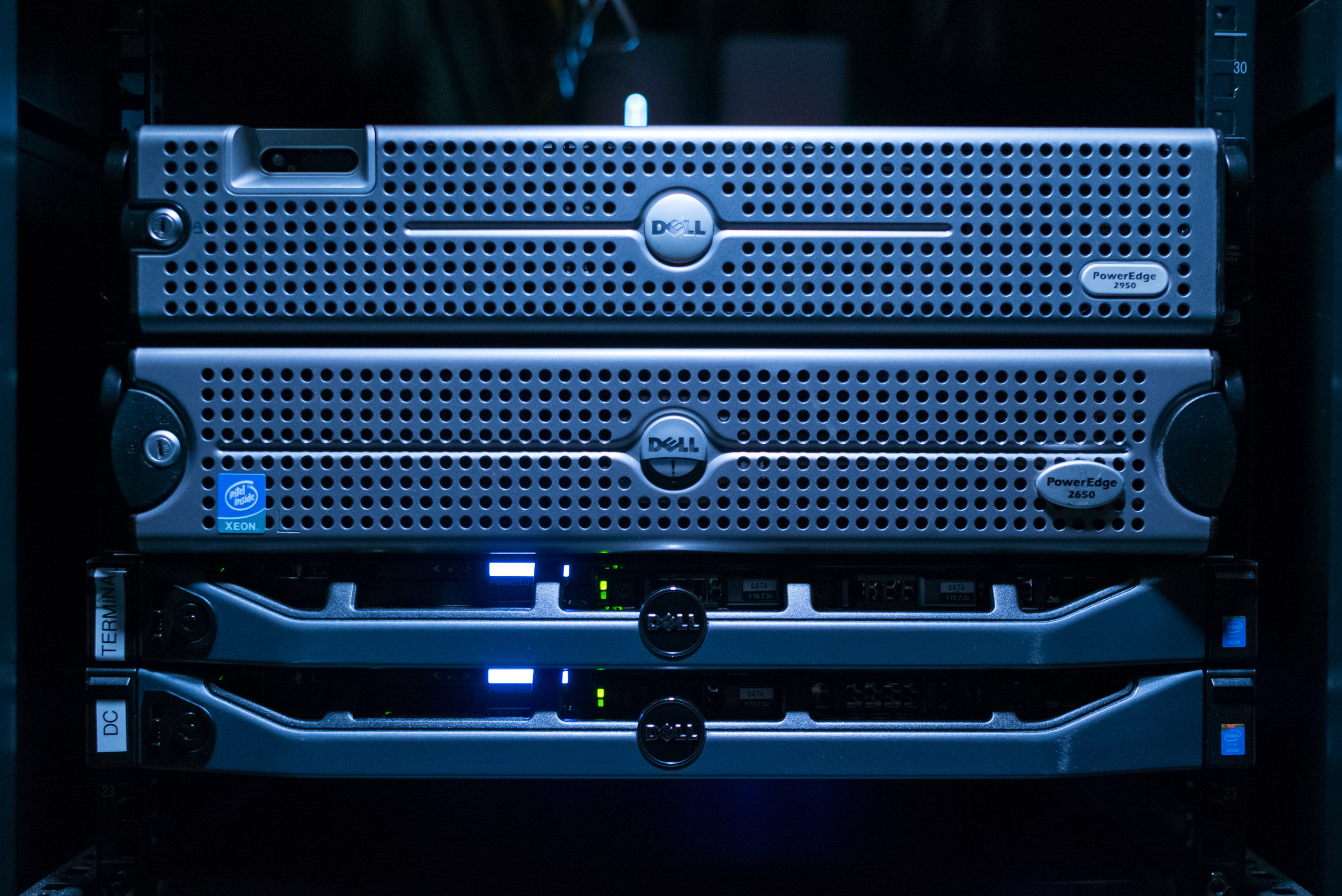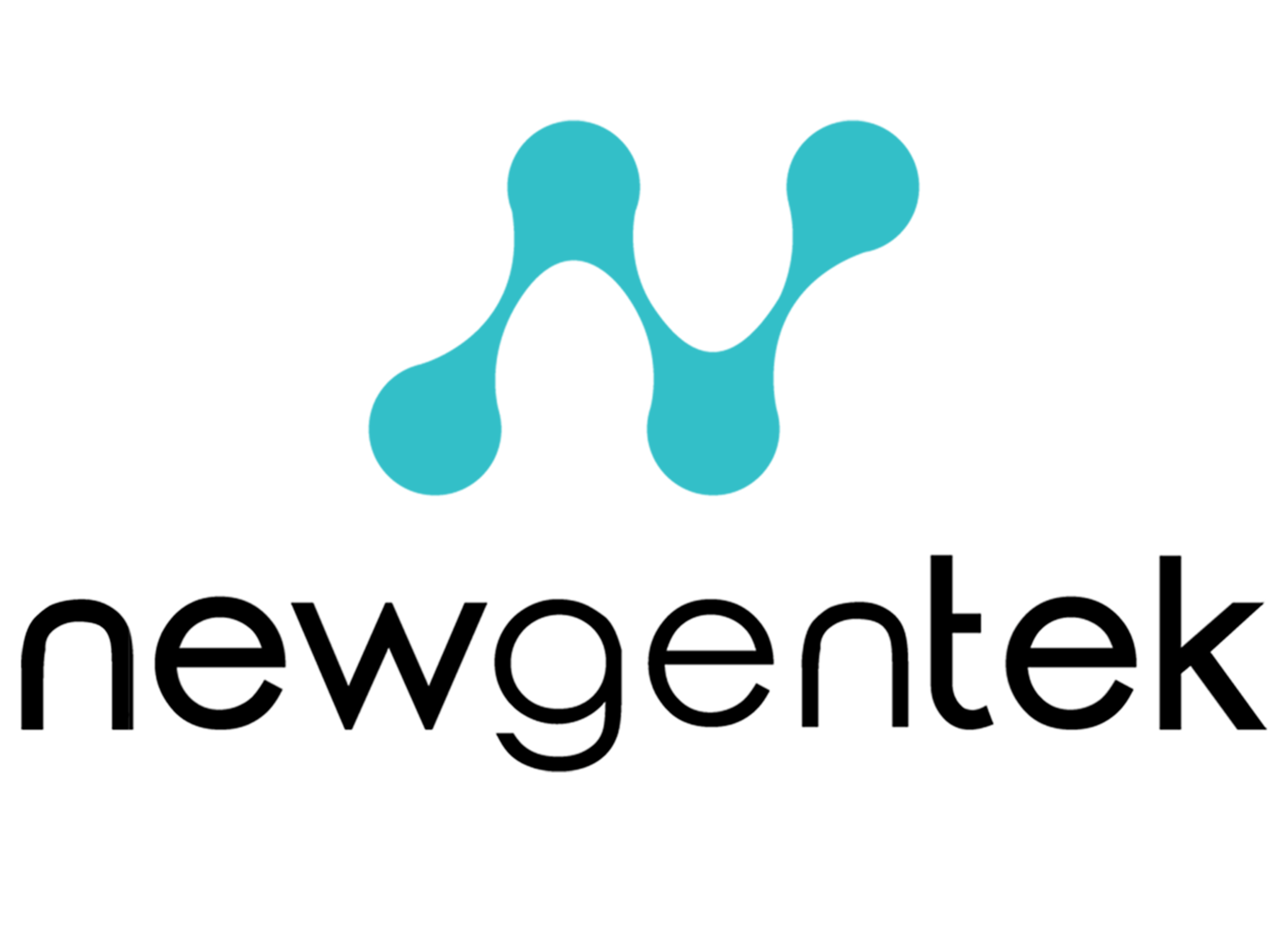
NEWGENTEK BLOG
Managed Services - Workplace Technology - Outsourced IT Support
Why Connectivity Matters
In this new age of technology, the Internet of Things (or IoT for short… this is just the term used for portable devices that can connect to wireless internet) opens up a world of possibilities for large and small businesses alike.
Why Connectivity Matters
In this new age of technology, the Internet of Things (or IoT for short… this is just the term used for portable devices that can connect to wireless internet) opens up a world of possibilities for large and small businesses alike. Everyone expects to be connected everywhere they go. Think about it. The last time you went into a coffee shop, restaurant, retail store, airport… and let’s say you were in a black hole of cell service, and for some reason, the establishment either didn’t have Wifi, or it wasn’t working. You feel lost. Maybe panicked. Connectivity is important to customers now, and will continue to be important as new technologies come on the market.
Most devices that are manufactured today have the capability of connecting to the internet wirelessly and transmitting data that adds tremendous value to consumers and businesses. Whether you are sending transaction data or you’re fulfilling reservations on restaurant service platforms such as OpenTable, internet connectivity has streamlined operations not only for small restaurants and retail stores but also multi-unit brands.
This tells us one thing: new IoT ecosystems can only run at the speed that there is connectivity. Many times, connectivity is an afterthought for operators, only to realize that their wireless infrastructure doesn’t support their needs. This can mean costly retrofitting and downtime.
More businesses are moving towards creating an environment from the start that will support the use of handhelds and tablets to automate day-to-day tasks.
Starting with Reliable Connectivity
When moving daily manual tasks to a digital workflow, connectivity is the foundation on which these systems are built. This starts with an enterprise-grade infrastructure that will be robust for not only your employees to have access to applications that will make their job easier, but also for your customers as well. This includes your data cabling, firewall/security appliances, and wireless infrastructure.
A reliable and high performing system shouldn’t be installed by just anyone. Having a reliable system where dozens if not hundreds of users are going to be connecting to your network means having professionals that can do a needs assessment and determine if your current infrastructure is adequate. Only then can you assess how much hardware, bandwidth, and ongoing service will be necessary to sustain internet traffic. Starting with a solid infrastructure is key.
What happens when there is an outage?
Having a reliable network means more than just having a strong signal and enough bandwidth. Outages happen, and if the local area network goes down for whatever reason, you need to have internet backup in order to stay connected.
Whether it is an outage caused by the cable company or your equipment suddenly malfunctions, we know your business can’t afford to have an internet outage. Too many internal processes are tied to cloud connectivity, and this means a real hit to the bottom line if your store loses connectivity.
Downtime is a concern across all business types, but there is no need to worry if you plan correctly by implementing a redundant connectivity system.If connectivity is tightly tied to the bottom line of your business, a 4G failover system is a way to ensure you can sleep well at night. When in doubt, cellular data saves the day.
Implement the Right Systems Today
Multi-unit restaurant and retail operators want to be working on how they can improve the overall restaurant experience and offer a better product. Connectivity issues should be the least of their worries.
That’s why it’s important for operators to think seriously when considering connectivity within their locations. How important is reliable connectivity to the overall operations of the business? What will you do in a worst-case scenario when these systems fail?
We help our customers assess their technology needs from the start and plan for growth. From the first location, to the hundredth location, we are always thinking about strategy and acting as a true technology consultant. Newgentek takes pride in the fact that we get to know your individual business goals first, before we make recommendations on the technology you need. We aren’t just an AV company. We aren’t just an IT company. We are a partner every step of the way.
What is a Certified Technology Specialist and Why is it Important?
The Audio Visual and Integrated Experience Association (AVIXA), is a hub for professional collaboration, information, and community, and the leading resource for AV standards…
The Audio Visual and Integrated Experience Association (AVIXA), is a hub for professional collaboration, information, and community, and the leading resource for AV standards, certification, training, market intelligence and thought leadership. For more than 30 years AVIXA has administered the Certified Technology Specialist (CTS) Program. Within the CTS program, there are three levels of specialists - CTS, CTS-I and CTS-D.
CTS is the general audio visual certification, CTS-I is specific to the task of installation and CTS-D is specific to the task of design. Currently there are more than 12,000 CTS holders and more than 2,000 hold either CTS-I or CTS-D credentials.
In June, more than 44,000 visitors attended the InfoComm Show in Las Vegas and more than 80,000 attendees are expected to attend Integrated Systems Europe (ISE) Show in 2019. As the industry continues to mature and develop, the CTS certification remains a coveted certification.
As a current or potential client you may be thinking ‘Why is it important for my organization to work with a solutions provider that has Certified Technology Specialists?’
The CTS program benchmarks industry personnel against peer developed standards which upon successful completion of the exam, provides a three year certification. At the conclusion of the three-year period, either the holder must have obtained 30 renewal units (RU’s) as outlined by AVIXA or the certification lapses and is no longer valid.
There are many professionals within the audio visual industry and the ability for customers to feel comfortable and confident in working with a particular company should begin with a clear understanding of their abilities.
At Newgentek, we feel certifications and industry training are important for employee development and an integral part of delivering the very best solutions with a strong knowledge base behind it. We are proud to say that today we have eight (8) people within Newgentek that are CTS holders and will continue to grow that number in accordance with our company growth!
Designing a Fail-Proof Business - Redundancy and Business Continuity
Although we live in an age where access to the internet is becoming easier and more reliable, it is never guaranteed that our internet connectivity technology will always work perfectly.
Although we live in an age where access to the internet is becoming easier and more reliable, it is never guaranteed that our internet connectivity technology will always work perfectly. Operating a business with multiple sites, whether restaurant or retail, it is one of the critical functions that you need to do business and provide a seamless experience for your customer. Whether it be that ice storm that sweeps through the country, or your cable provider isn’t quite doing their job, you can probably expect your internet access to fail at some point in your restaurant’s lifetime. Planning ahead and having a business continuity plan is extremely important.
When something unexpected happens, if you don’t have a strategy in place to back up your current network, your operations could be in complete disarray. What does it look like when your staff’s handhelds or your point-of-sale systems suddenly don’t have that ubiquitous connectivity that they are used to? Imagine writing down credit card numbers manually on a pad for each customer order. Imagine no music for the customers and just an echo of voices flooding through your establishment. Imagine having to keep track of table vacancies and logging shifts manually.
It would be a disaster. But luckily there are ways to support your operational systems and keep them up and running when your local network shuts down.
Running Your Business Offline
The first step is making sure as many of your critical applications are able to run offline as possible. If your company is streaming music for your customers, you may be at the mercy of the amount of bandwidth available to your network. You are also very dependant on network reliability, and we all know that some of the most reliable enterprise-grade WiFi systems go down from time to time.
But music streaming apps today have made it much easier to compile playlists for offline listening. Top music streaming applications like My Instore Radio, Spotify, Google Play, and Apple Music not only offer the ability to download custom-made playlists within seconds, but also have thousands of pre-organized playlists for you to tailor to whatever crowd you are bringing to your store or restaurant. Having an offline music application is also one way to ensure your customers have the same experience every time.
So, as a multi-unit operator, taking inventory of the applications that you can run offline is your first step in your business continuity plan.
A Backup Plan - Have a Redundant Network
So you have moved most of your business applications offline. Great! But the reality is that you will still need internet access for some of your most critical store-operating functions in times when your main network isn’t accessible. What is a restaurant operator to do when your business is at peak operating hours, and your network goes down? How will you run credit cards, gift and loyalty cards and keep business running smoothly?
This is where choosing the right solution for failover connectivity is crucial to your bottom line. Having a failover system implemented that automates the switch from your main network to a 4G network will not only give you 100% reliability, but it also gives you peace of mind when it comes to having stable access to the internet. It will also save you tens of thousands of dollars in revenue in the long run. Losing sales because your internet is down isn’t an option in today’s world of intense competition.
Partner with an Experienced Vendor
The only thing left to do is to implement these systems. We work with companies like Cradlepoint that develop solutions which integrate seamlessly with your network infrastructure. We project plan, design and implement these solutions nationally for our multi-unit customers, always keeping in mind what their business goals are and how we can make life easier for them.
As a multi-unit restaurant or retail operator, there is enough stress with the nature of the business. Added stress due to unforeseen network outages can and should be avoided with a clear redundancy and business continuity plan. In order to ensure success with every store opening and with the restaurant technology and retail technology available today, are you using all of the tools that are at your disposal to have fail-proof systems? Planning ahead for worst case scenarios is how businesses keep a competitive edge and succeed, allowing your business to grow with no setbacks.


